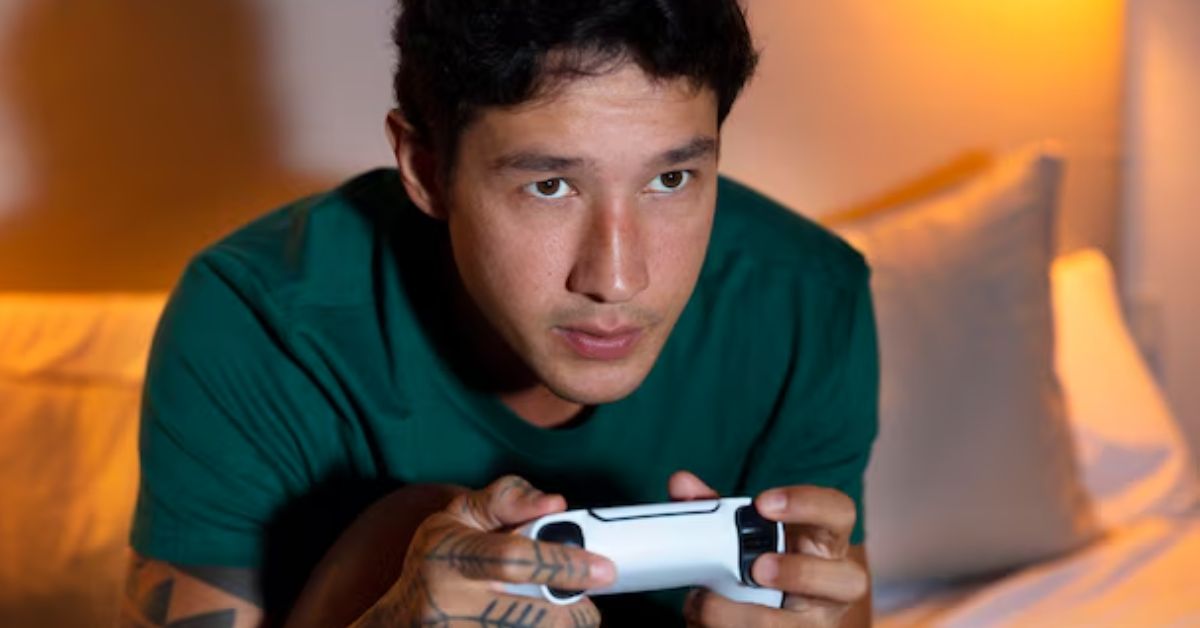Gaming has evolved from a casual hobby into a global phenomenon. While it offers entertainment, relaxation, and a sense of achievement, for some individuals, gaming can become all-consuming. This leads to gaming addiction, a condition that can significantly impact mental health and relationships.
Mental Health and Gaming Addiction
Gaming addiction is often characterized by compulsive gaming behavior, where an individual feels unable to stop playing even when it negatively affects their life. Over time, this can result in a decline in mental health.
One of the most common mental health issues tied to gaming addiction is anxiety. As gamers get more involved in virtual worlds, they may begin to experience stress or nervousness when they’re not gaming. Additionally, depression can set in as they start to feel disconnected from reality and lose interest in activities outside of gaming. The dopamine rush that comes from gaming may cause mood swings, and without a healthy outlet, these shifts can worsen.
A lack of face-to-face interactions with others can also lead to social isolation. As gamers spend more time in virtual worlds, their social skills may decline, and they may find it challenging to engage with people in the real world. Over time, this isolation can exacerbate feelings of loneliness, making it even harder to break free from the addiction.
The Strain on Relationships
Gaming addiction doesn’t only impact the individual’s mental health; it also takes a toll on relationships with family, friends, and romantic partners. When gaming becomes a priority over real-life connections, feelings of neglect and frustration can arise.
For couples, gaming addiction often leads to emotional distance. A partner may feel left out, neglected, or even unimportant. They might struggle to understand why their loved one spends hours in front of a screen rather than engaging in meaningful conversations or activities together. This can lead to tension and, in some cases, breakups.
Similarly, in families, gaming addiction can create a disconnect between parents and children. Parents might feel helpless or frustrated when their child’s gaming habits begin to negatively affect schoolwork, chores, or family time. This can cause rifts that take time and effort to repair.
Seeking Help for Gaming Addiction
Fortunately, gaming addiction treatment in Indore is available for those seeking professional help. Treatment centers in Indore provide comprehensive programs that help individuals manage their addiction and regain control of their lives. These treatments often involve therapy, support groups, and lifestyle changes that promote healthier gaming habits and restore balance to life.
By seeking professional help, individuals can address the underlying causes of their addiction, whether it’s stress, anxiety, or an escape from difficult emotions. With the right support, those affected can rebuild relationships and improve their mental health, while still enjoying gaming in moderation.
Gaming addiction can significantly affect mental health and relationships, leading to feelings of isolation, anxiety, and strained personal connections. However, with gaming addiction treatment in Indore, individuals can take the first step toward recovery. By addressing the root causes of addiction and seeking professional support, it is possible to lead a healthier, more balanced life.

